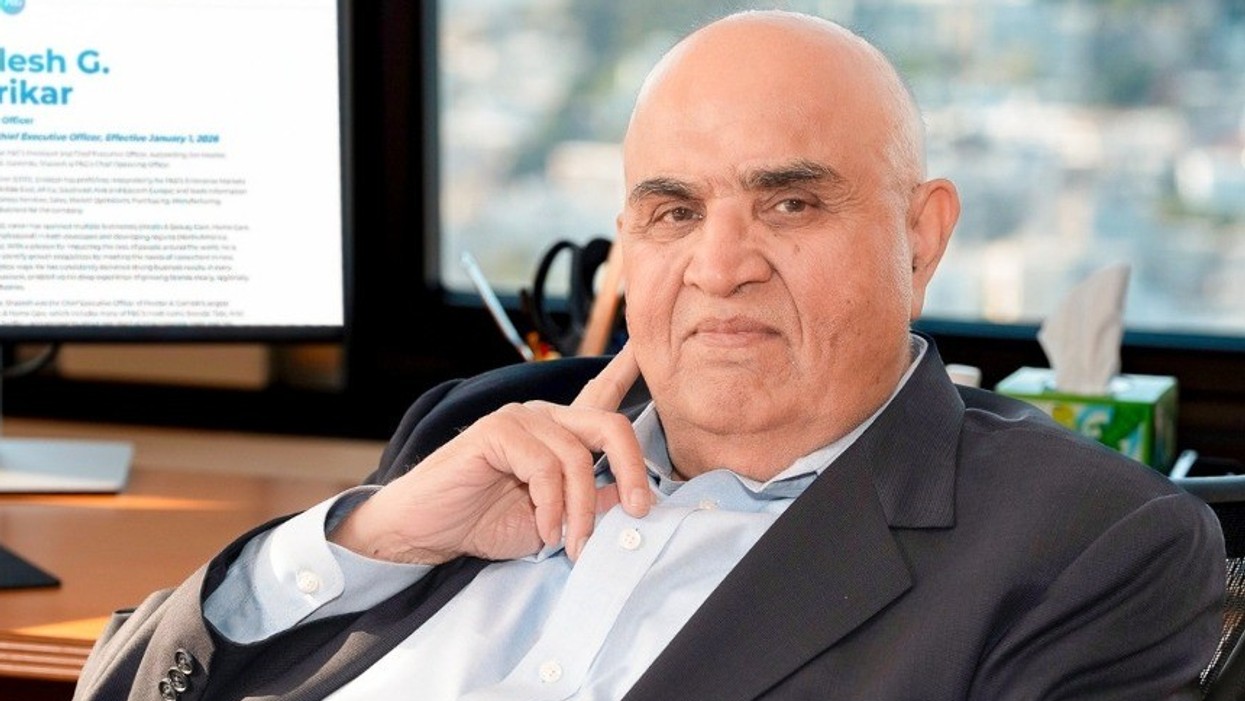Highlights:
- Indian national sentenced to 97 months and ordered to repay $2.5 million.
- Fraud ring targeted elderly victims using phishing, impersonation, and fabricated investigations.
- Victims were coerced into handing over cash and gold, including a $180,000 case.
- Mangukiya recruited a coconspirator and received a percentage of stolen proceeds.
Evidence found included fake ID-making equipment and over $73,000 in cash. An Indian national residing in the US on a student visa has been sentenced in federal court in Austin to 97 months in prison for his role in a sophisticated, multi-million dollar scheme that targeted elderly victims across the country.
The Indian-origin man, Dhruv Mangukiy, is a 21-year-old and was also ordered to pay around $2.51 million in restitution after pleading guilty to conspiracy to commit money laundering.
According to the court documents, Mangukiya was an active participant in a criminal network that identified and exploited elderly individuals using various online phishing techniques. These methods included fraudulent notifications about suspicious credit card charges, compromised accounts, or fabricated government investigations.
Once a victim responded, a member of the conspiracy would contact them directly, often impersonating officials from the US Treasury Department or other government agencies and pressure them into believing they needed to transfer large sums of money, gold or other valuable items to avoid severe legal or financial consequences.
A major tactic in the fraud scheme involved tricking victims into believing their identities had been stolen or that fake bank accounts had been opened in their names. The callers pretended to be government officials and warned victims that they were linked to drug cartels and money laundering.
Using these false threats, the scammers convinced people to withdraw cash or hand over gold to couriers posing as government representatives.
In one case, a man in Granite Shoals was told he needed to pay the US Treasury Department to avoid prosecution for crimes he never committed. Believing his identity had been used by criminals, he made three cash withdrawals that totalled $180,000 and handed the money to couriers.
Another victim, an elderly woman in Fort Worth, received a call from someone claiming to be from Amazon's fraud department. The caller falsely said that her Social Security number had been stolen and that several bank accounts in her name were tied to a money-laundering scheme. Scared and confused, she withdrew $30,000 and gave it to Kishan Rajeshbhai Patel, a courier working with the group.
Patel was later arrested. Police found messages on his phone between him, Mangukiya, and two other individuals known as 'Hunter' and 'Master,' who recruited Patel to join the scheme.
Mangukiya was arrested on December 5th, 2024. Patel later pleaded guilty to conspiracy to commit wire fraud and received a 63-month prison sentence on July 17. Mangukiya pleaded guilty the next day to conspiracy to commit money laundering.
US Attorney Justin Simmons announced the sentences and praised the joint efforts of the FBI, the Granite Shoals Police Department, and the Fort Worth Police Department. The case was prosecuted by Assistant US Attorney Keith Henneke.















